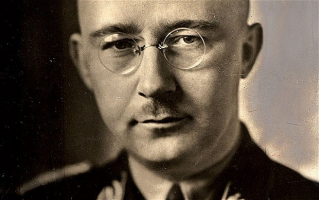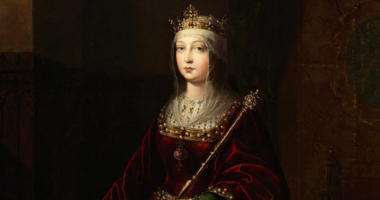Top 7 Interesting Facts about Malcolm X
Malcolm X is one of the foremost figures of the Black Nationalist movement. A proponent of race pride and self-defense, he helped stoke the fires of the Black ... read more...Power movement. Learn more about the icon by reading these marvelous facts about Malcolm X, born in 1925 as Malcolm Little. Here are some interesting facts about Malcolm X you may not know.
-
Undoubtedly, Malcolm X's advocacy was influenced in some way by the bigotry he encountered as a young man. When the Ku Klux Klan threatened the family in their Omaha, Nebraska home, his mother was carrying him. Long before he was even born, it all started. They shouted out to his Reverend father, who had initially endorsed Marcus Garvey, a black nationalist.
Malcolm X's family moved to Milwaukee and then Lansing as a result of a KKK incident in which members shattered the windows of his childhood house. This was useless since Michigan's bigotry was greater; a crowd set fire to the family's home while the all-white first responders did nothing.
The family suffered a great loss in 1931 when Earl, the patriarch, was found dead next to the streetcar tracks. Although it was believed that the white nationalists who threatened to kill Earl were responsible, the police presented the killing as an accident. As a result, Earl's substantial insurance claim for the family was unsuccessful. Louise, his mother, couldn't bear the sorrow and spent the following 7 years in a mental institution. In the end, foster homes were used to nurture Malcolm and his brothers.
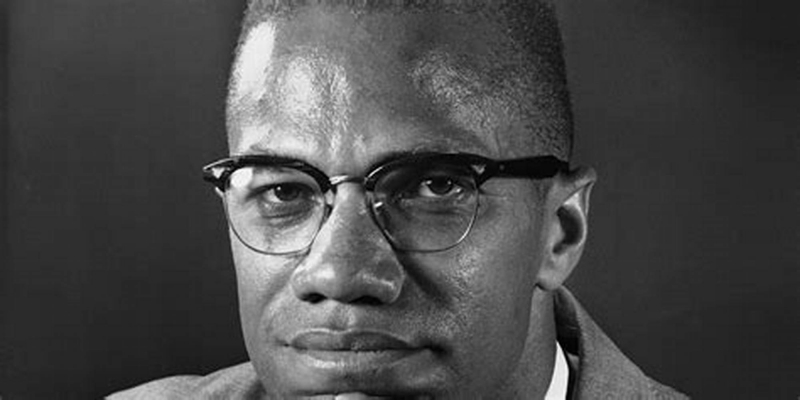
Source: trudreadz.com 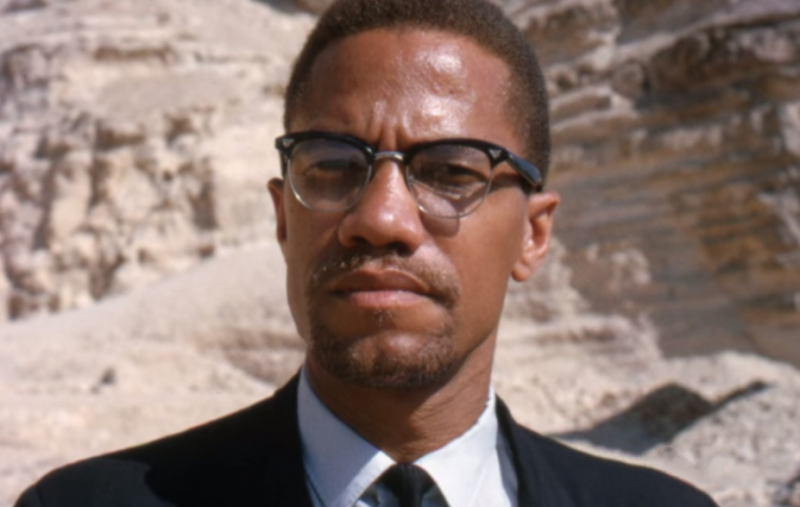
Source: Tumblr -
It's interesting to note that Malcolm X attended Mason High School, where he was one of the very few black students. He excelled academically and even won the race for class president here. Malcolm X decided to drop out of school at the age of 15 after learning that black children didn't have many good career prospects. Malcolm X had no reason to favor his junior high school teachers, but he did love English and history. His history book only contained one brief, derogatory section on African Americans.
The teacher grinned as he read it to the students, who were all white with the exception of Malcolm X. He was delivered an even larger blow by his English teacher, who had typically seemed to be pleasant and encouraging. While advising his white students to set high standards for themselves, the teacher counseled Malcolm X to do the opposite when he mentioned pursuing a legal career. " It's great having you here, he said. You must, however, be truthful with yourself about your nigginess. A nigger shouldn't aspire to become a lawyer ". Which course of action is best for this skilled and smart eighth-grader? The teacher advises carpentry.
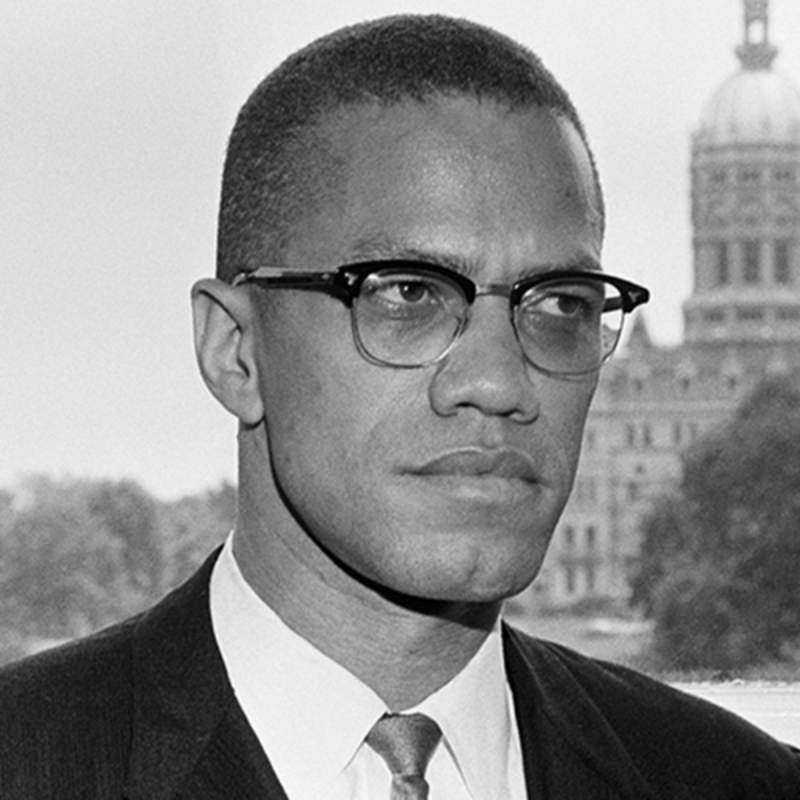
Source: BIO 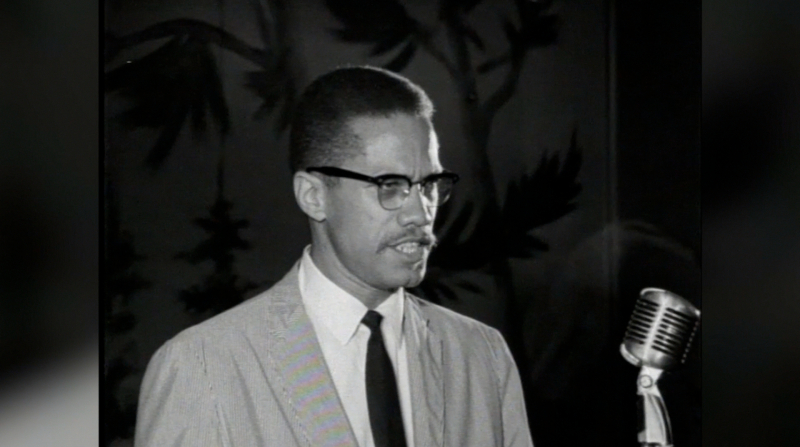
Source: The Washington Post -
An intriguing detail about Malcolm X is that after his release, he collaborated with Elijah Muhammad to broaden the scope of the Nation of Islam. He established new churches in Hartford and Philadelphia and later served as the minister of the Boston and Harlem temples. To help advance the religion, he established the publication "Muhammad Speaks." Despite being divisive to many, his writings contributed to the Nation's membership rising from 400 to a staggering 40,000.
He also contributed to the replacement of the disparaging term "Negro" with the more acceptable terms "colored," "Afro-American," or "Black" during his time at the Nation of Islam. He was a devoted follower of the Nation of Islam, but he made the decision to leave the group after learning of Muhammad's adulteries, which are prohibited by Islam. The rift further broke apart when Muhammad ordered Malcolm X a 90-day period of silence. This was after Muhammad made crude remarks against the death of President John F. Kennedy.
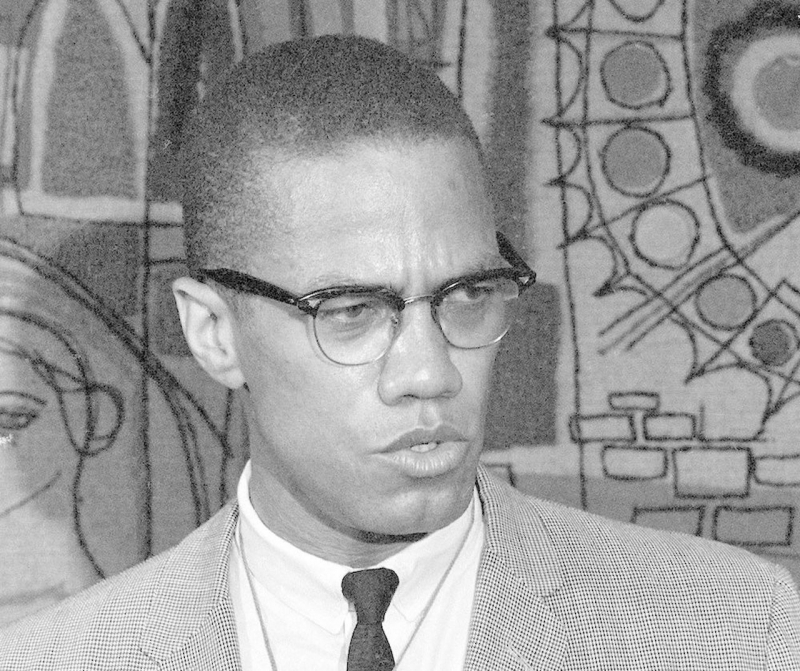
Source: cleveland.com| 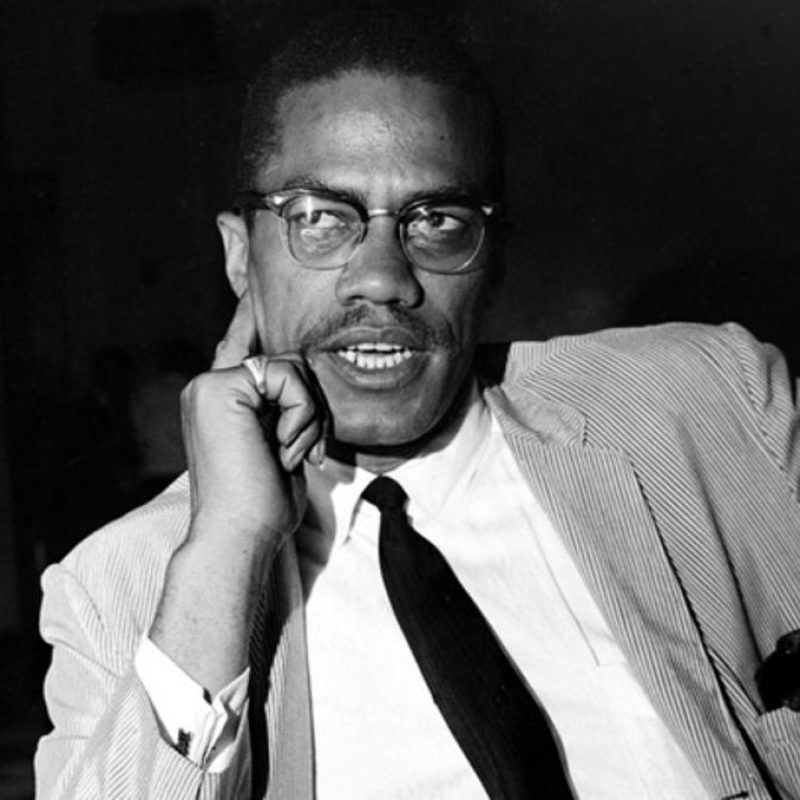
Source: pixel-creation.com -
The ideas of civil rights hero Martin Luther King Jr. (MLK) were the exact antithesis of those of Malcolm X. Malcolm X disagreed with MLK's call for nonviolence and integration, believing that the issues of black independence and identity were more urgent.
Martin Luther King, Jr.'s multiracial, nonviolent policy was contested by Malcolm X, the most prominent Black nationalist in the nation, which helped pave the way for the theological and tactical disagreements that erupted inside the black liberation movement of the 1960s. Malcolm X made sporadic advances on King, which is not surprising considering his scathing criticism of King and support for racial segregation.
"Although we did not always agree on how to solve the race problem, I always had a deep affection for Malcolm and felt that he had the great ability to put his finger on the existence of the problem and root of the problem," King wrote to Malcolm's widow, Betty Shabazz, after the civil rights activist's murder in 1965.
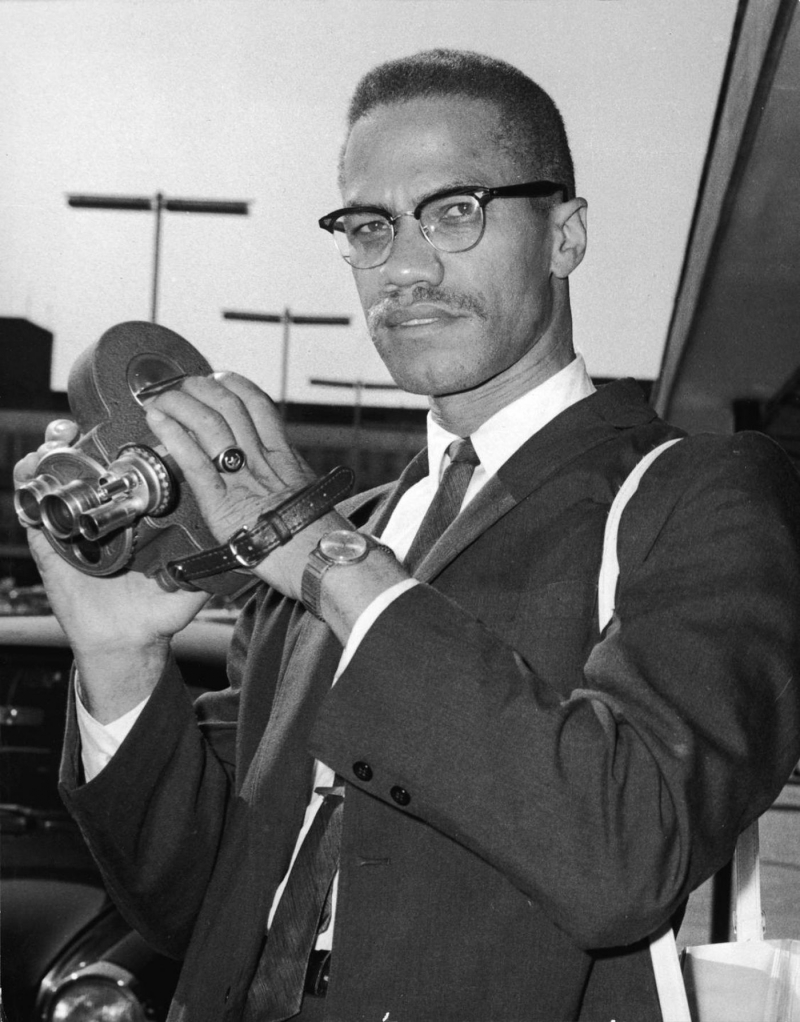
Source: New York Daily News 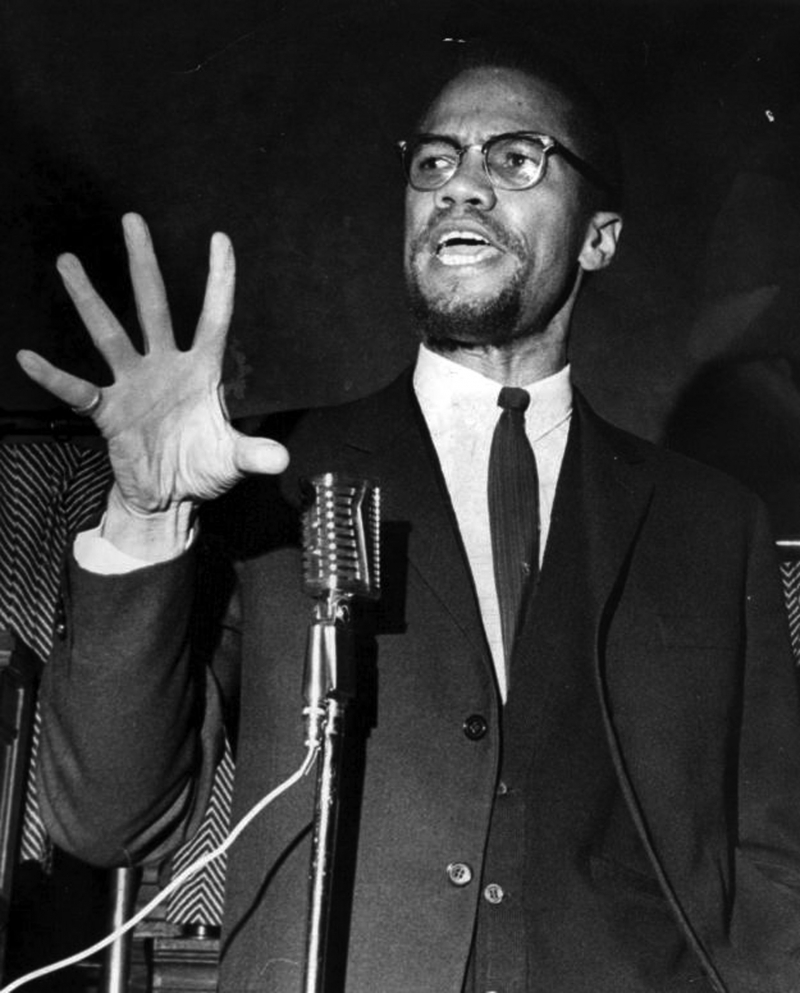
Source: pgbari.x.fc2. -
Malcolm's rejection of nonviolence is expressed in large part by his ethic of violence. He claimed that it was hypocritical to ask African Americans to be nonviolent in the face of White terrorism. He asked, "How are you going to be nonviolent in Mississippi, as brutal as you were in Korea?", pointing out the violence required by African American soldiers to defend the nation. "When your churches are attacked and young girls are killed, how can you explain remaining nonviolent in Mississippi and Alabama when you become violent toward Hitler, Tojo, and someone else you don't even know"? In addition, he critiqued how no one expected White people to be nonviolent in the face of an attack whereas Black people were expected to be. According to James Baldwin, who agreed with Malcolm, "violence and heroism have been made synonymous in the United States, except when it comes to blacks."
Malcolm disagreed with the nonviolent movement's utilitarian tenets as well. His oft-repeated phrase, "By all means necessary," sums up his philosophy of oppressive resistance. He advocated for using greater force to subdue an opponent because doing otherwise is impossible. Malcolm reasoned that in order to combat oppression, nonviolence was ineffective. In Malcolm’s opinion, nonviolence was also dishonoring to Black men. He suggested that “everything in the universe does something when you start playing with your life, except the American Negro". He lays down and says, "Beat me, daddy". Further, children will be ashamed of parents who take a nonviolent stance. In summary, as Cone explains, “Malcolm felt that nonviolence was ‘unmanning’".
Malcolm further argued that nonviolent education was a White society ruse to render Black people powerless. He stated that nonviolent Black preachers were being utilized by Whites to disarm unsatisfied Blacks, likening them to Novocain, which allows you to suffer without violence. Louis DeCaro, a Malcolm expert, claims that Malcolm's answer to the dominant "Christian" mentality that guided the civil rights movement was "very sound" in this regard. He had a gut feeling that the famous quotes from Christ about forgiving one's adversaries and turning the other cheek had been misinterpreted.
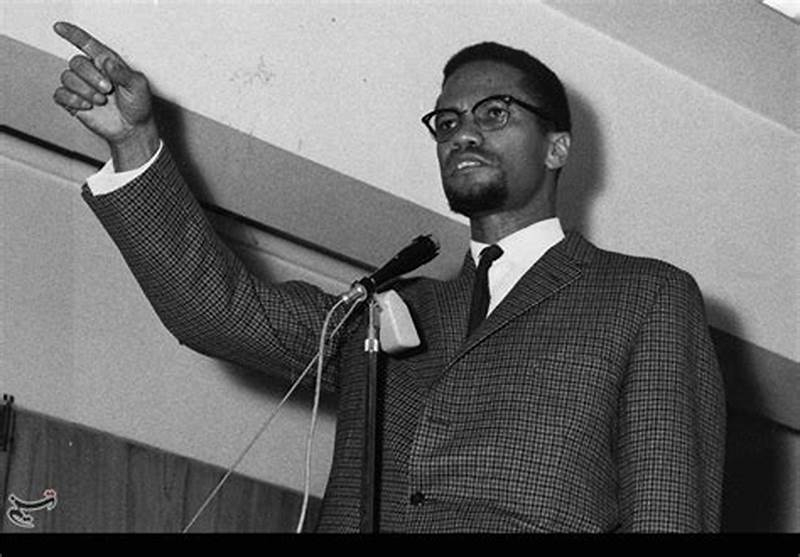
Source: New York Daily News 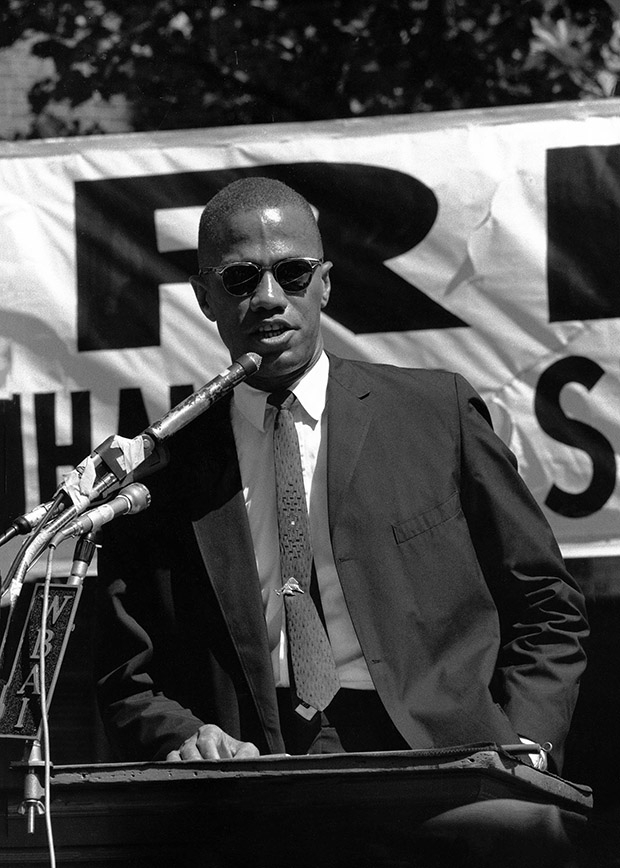
Source: Feature Shoot -
Malcolm X was shot at close range as he prepared to speak at Manhattan's Audubon Ballroom on February 21, 1965, while his four girls and pregnant wife took refuge in the front row. Unfortunately, this happened just as his newfound convictions had the potential to alter the direction of the Civil Rights Movement. Malcolm X was taken in an ambulance and later pronounced dead at a hospital nearby. For his murder, three Nation of Islam members were found guilty.
However, all three men were convicted guilty and given prison terms ranging from 20 years to life. After an inquiry that included the revelation of crucial FBI records that had been concealed from the defense and prosecution during the trial, Aziz and Islam were cleared in 2021. At the time of his exoneration, Aziz was 83; Islam had passed away in 2009.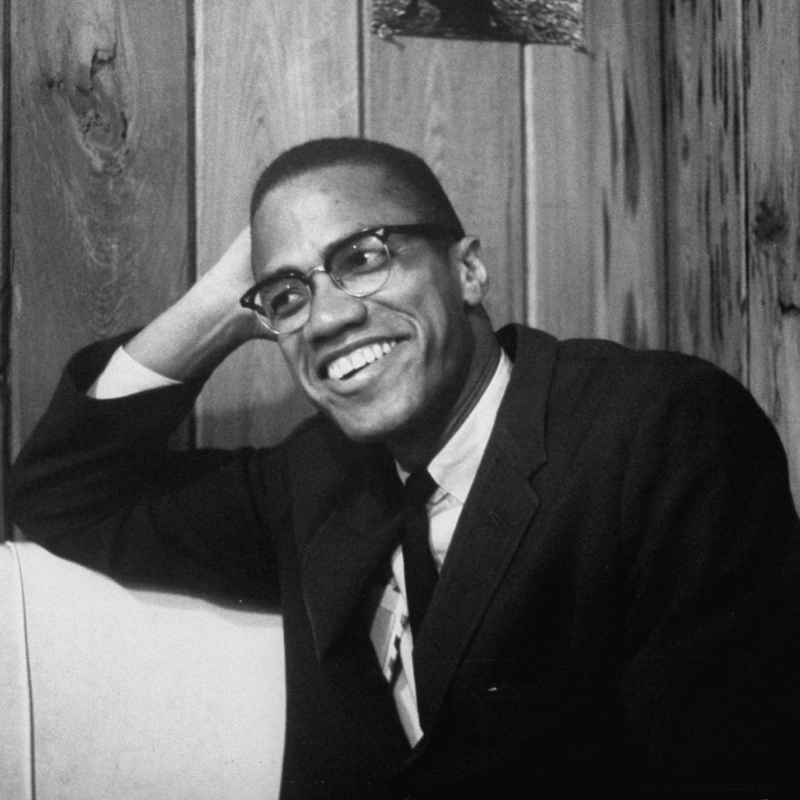
Source: yahoo.com 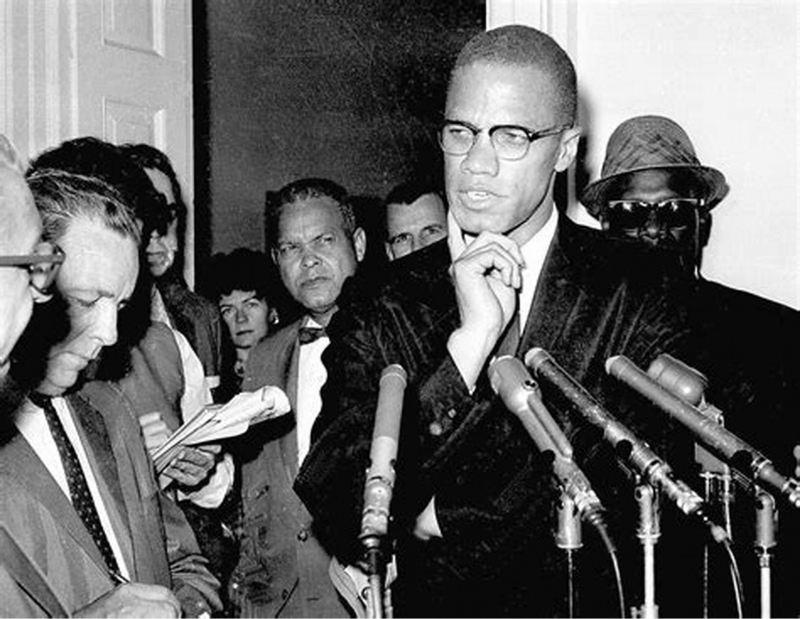
Source: arubatoday.com -
Although Haley was initially referred to as the book's "ghostwriter," the Autobiography is now seen as a collaboration between Malcolm X and Haley, who would go on to write Roots. During the writing of the book, Malcolm X publicly left the Nation of Islam, delivered his "The Ballot or the Bullet" speech, converted to Sunni Islam, and made a pilgrimage to Mecca. Malcolm X was shot and killed on February 21, 1965, during a gathering in New York City's Audubon Ballroom, just two days after informing a reporter that the Nation of Islam was actively attempting to murder him.
The book provides a thorough account of Malcolm X's life, covering everything from his earliest memories of his mother—who would eventually be committed to a mental institution—to his involvement in organized crime and subsequent incarceration, during which he joined the Nation of Islam and corresponded with Muhammad. Critics have compared the Autobiography and St. Augustine's Confessions because both tell the story of a disobedient young man who undergoes a religious conversion. Through his affiliation with the Nation of Islam and backing for the Black power movement, Malcolm X gained notoriety in the civil rights movement. He was already a hero, but his passing made him a martyr.
As such, The Autobiography of Malcolm X was an immediate best-seller. Doubleday’s decision to pass on the book in the wake of the assassination, out of fears that it might be targeted for publishing it, has been described by biographer Manning Marabel as “the most disastrous decision in corporate publishing history.” The book has long been considered required reading for civil rights activists and continues to form the basis of Malcolm X’s enduring legacy.
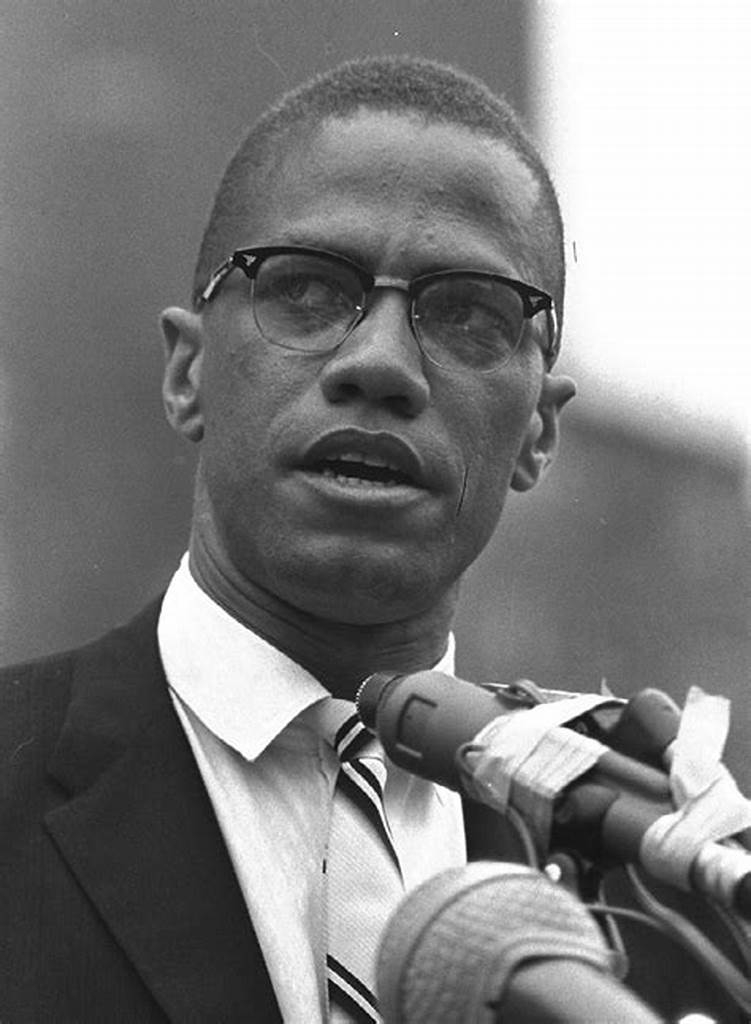
Source: spark.adobe.com 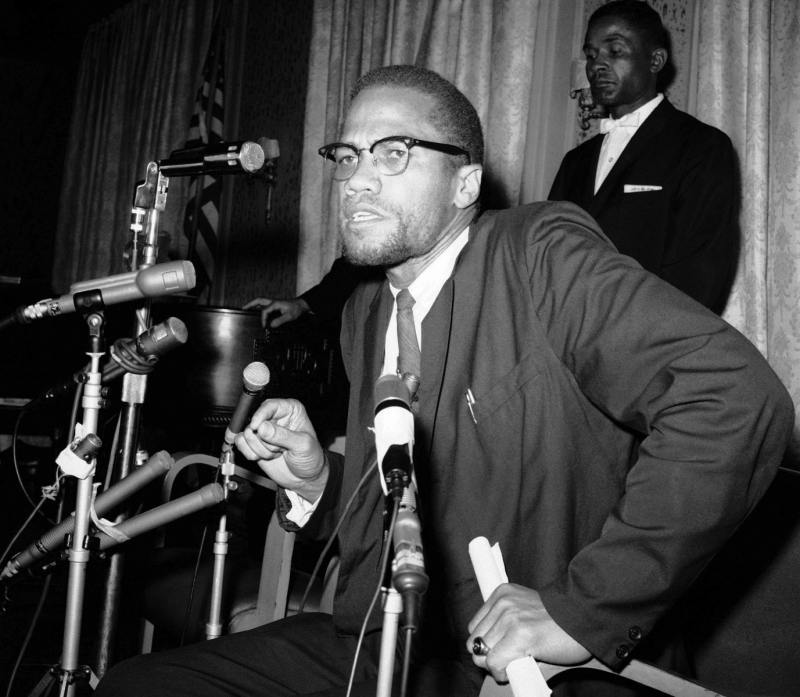
Source: realclearhistory.com

























